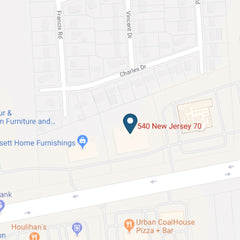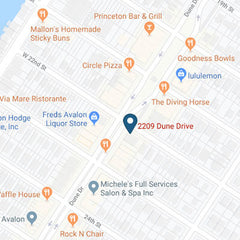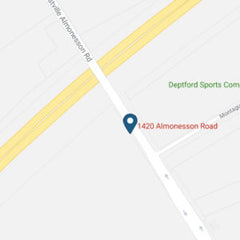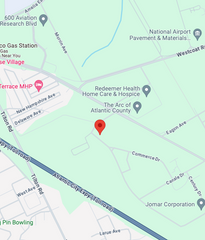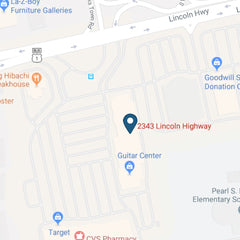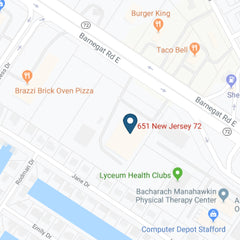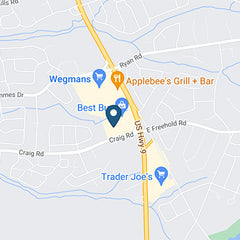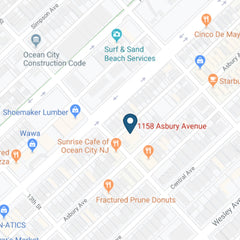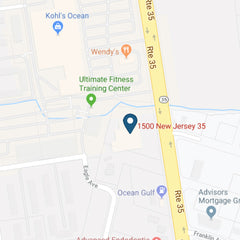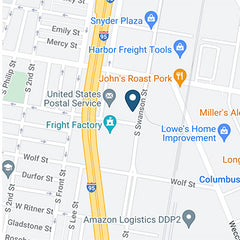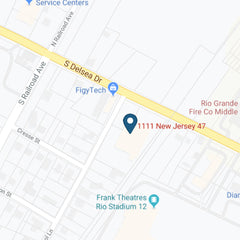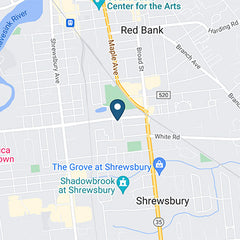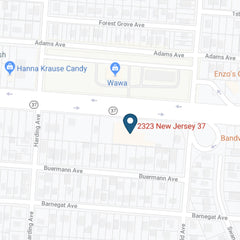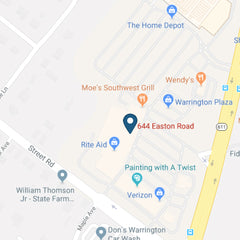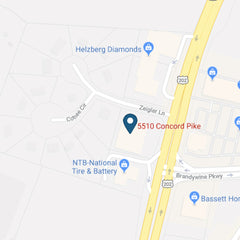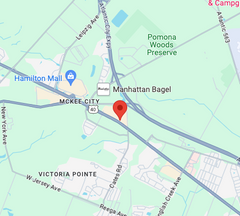Engineered wood flooring has recently become a very popular choice. If you're thinking about installing engineered hardwood in your home, there are several factors you should consider, from cost to durability. To help you decide, we've compiled a comprehensive list of the pros and cons of engineered hardwood flooring.
Pros of Engineered Hardwood
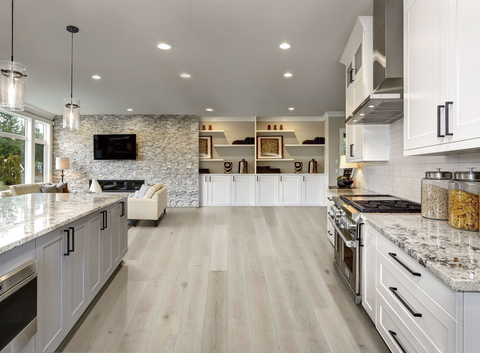
Bowman Engineered Hardwood in Scully
Engineered hardwood owes its popularity to a number of unique advantages. Engineered wood flooring is designed to reduce the moisture problems associated with solid hardwood. Its layers block moisture and provide extra stability to your floor. It will also not swell or warp, which makes it very low maintenance.
Not only are there simple advantages, but engineered hardwood flooring is also known for being more environmentally-friendly than traditional solid hardwood for a few reasons.
The veneer is sliced rather than cut with a saw, which means no sawdust is produced so that all of the tree's wood can be used. The sawdust produced when making solid hardwood boards is wasted wood (and can add up to a significant amount).
The trees used for solid hardwood grow much more slowly than those used to make engineered wood flooring cores. This is because more surface area is produced to make the veneer. Also, installing traditional solid hardwood uses many times the amount of a slow growing tree. This makes the tree's replenishing time much longer.
Cons of Engineered Hardwood

Dorchester White Oak in Earthen
While there are very few drawbacks to this flooring option, engineered hardwood is not perfect, nor is it completely foolproof for every home design project.
Comparable to solid hardwood in terms of cost, engineered wood floors are still considerably more expensive than other flooring options like carpet, laminate, and tile. That said, the biggest concern to avoid is makeshift or secondary engineered products or manufacturers.
Veneers that are too thin will prevent sanding and refinishing opportunities that will double the lifetime of your floor. Also, too thin veneers that are poorly made can prematurely warp or fade the floor.
Core layers must still be fashioned from high-quality wood. Some manufacturers try to cut corners by using fiberboards that may compromise the stability of your floor, which will lead to a low-rate floor.
Now that we've discussed all the important factors to consider when shopping if you decide to have engineered wood as your flooring option for your home, rest assured you will be satisfied with its performance and longevity—even the special fact that it will add more value to your home like traditional solid hardwood!


